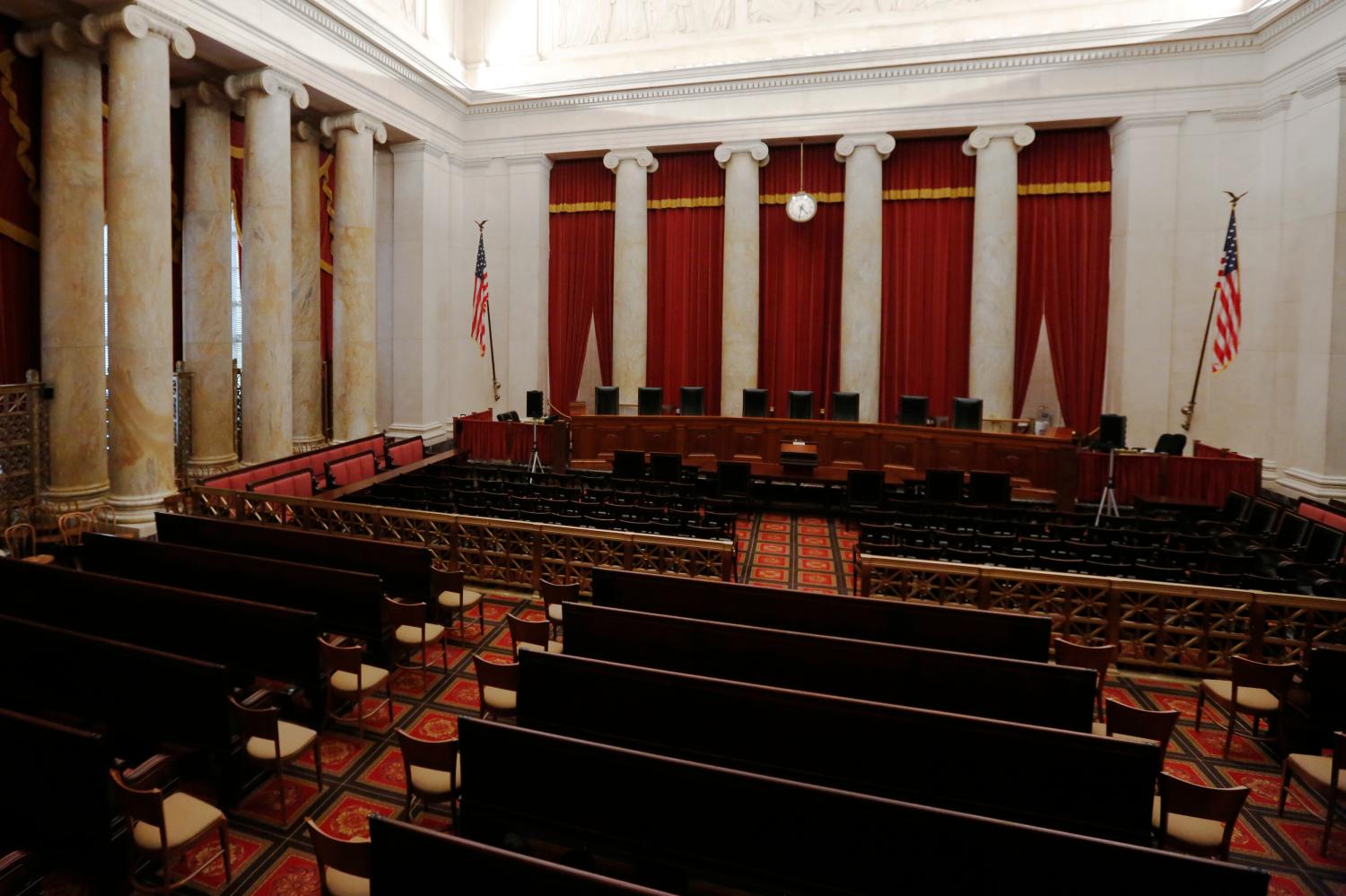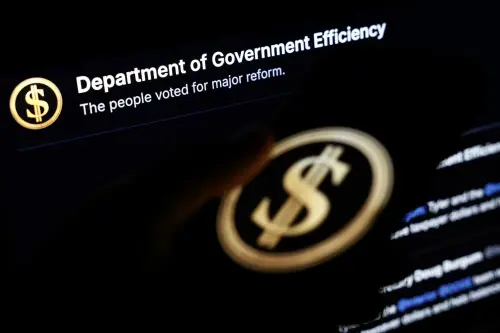Hot-button topics like abortion dominate voters’ views of where the presidential candidates stand on judicial appointments. Yet, as in much of U.S. politics, the process of getting judges on the bench has become cantankerous and divided. The next president should try to work with the Senate to restore civility.
The heated process for selecting judges for the 13 federal courts of appeals and 94 district courts is creating extended vacancies, scaring off good candidates and even threatening judicial impartiality. The divisiveness harms good government by locking the president and senators into warring positions.
The 2008 presidential campaign offers an opportunity, if not to fix the process, at least to curb some of its excesses. Two changes worthy of debate are bipartisan commissions to help screen potential nominees and a timetable to reduce delays.
Until fairly recently, unless a home-state senator objected, the Senate almost always confirmed judicial nominees – and quickly, regardless of who was president. Over the last 20 years or so, the process has become slower, and especially for appellate nominees, more contentious.
Given the important role federal judges play in this republic, some disagreement over their appointments is understandable. But principled disagreement has often given way to ugliness and stalemate. The decline in confirmations is undeniable, and along with it, longer times from nomination to confirmation, even if the vacancy rate at this moment is low by historical standards.
Over the last two administrations, stalemate, delay and charges and counter-charges about nominees’ character, credentials and policy views have harmed the courts. Increasing numbers of nominees have been subjected to long disruptions in their professional and personal lives while Washington wrangles over their nominations, and potential nominees have been reluctant to allow their names to go into the wringer. Some courts have been left shorthanded, and public confidence in the courts has diminished.
Observers have offered various fixes to tone down confirmation battles, such as judicial term limits. That would require statutory change if not a constitutional amendment, unlikely prospects even in harmonious times.
Establishing bipartisan commissions to suggest qualified individuals for nomination and agreed-upon timetables for processing nominations requires no statutory change. The time to press candidates to commit to them is now, before the election. Both John McCain and Barack Obama should be asked to create a bipartisan commission to suggest potential appellate court nominees, and to urge senators in each state to create similar commissions for district court nominees for presidential consideration. Senators could forward the suggestions to the White House, which could give priority consideration to candidates the commissions recommend. (Senators in eight states use such commissions now.)
Commission recommendations will be just that, binding neither on senators who recommend nominees nor on the President, in whom the Constitution vests sole nominating authority. But, properly constituted, such commissions can help identify good prospective judges, partly by encouraging applications from prospects whose lack of political clout discourages them from seeking what they may perceive as purely patronage nominations.
And, bipartisan commissions won’t mean bipartisan appointments. Commission or not, nominees will be heavily drawn from members of the president’s party. Good-faith bipartisan consultation, however, can provide the White House and senators with insight about nominees likely to provoke conflicts with costs greater than benefits to the president, Senate, potential nominees and the courts.
Similarly, the presidential candidates should seriously weigh committing to pre-established time limits for selecting nominees and for good faith Senatorial consultation before making nominations. Likewise, they should urge the Senate to establish time limits for hearing and floor votes, at least for commission-recommended nominees.
These proposals will have an intuitive appeal to voters who expect candidates to endorse sensible changes. The steps are largely transparent, facilitating news media monitoring and good-faith implementation.
True, procedures endorsed bilaterally in 2008 could fall apart in 2009 over what constitutes “bipartisan commissions” or “good faith consultation,” but the near consensus that the process is not working well now makes a strong case for trying something different.
The Brookings Institution is committed to quality, independence, and impact.
We are supported by a diverse array of funders. In line with our values and policies, each Brookings publication represents the sole views of its author(s).




Commentary
Op-edRestore Civility to the Selection of Federal Judges
September 9, 2008